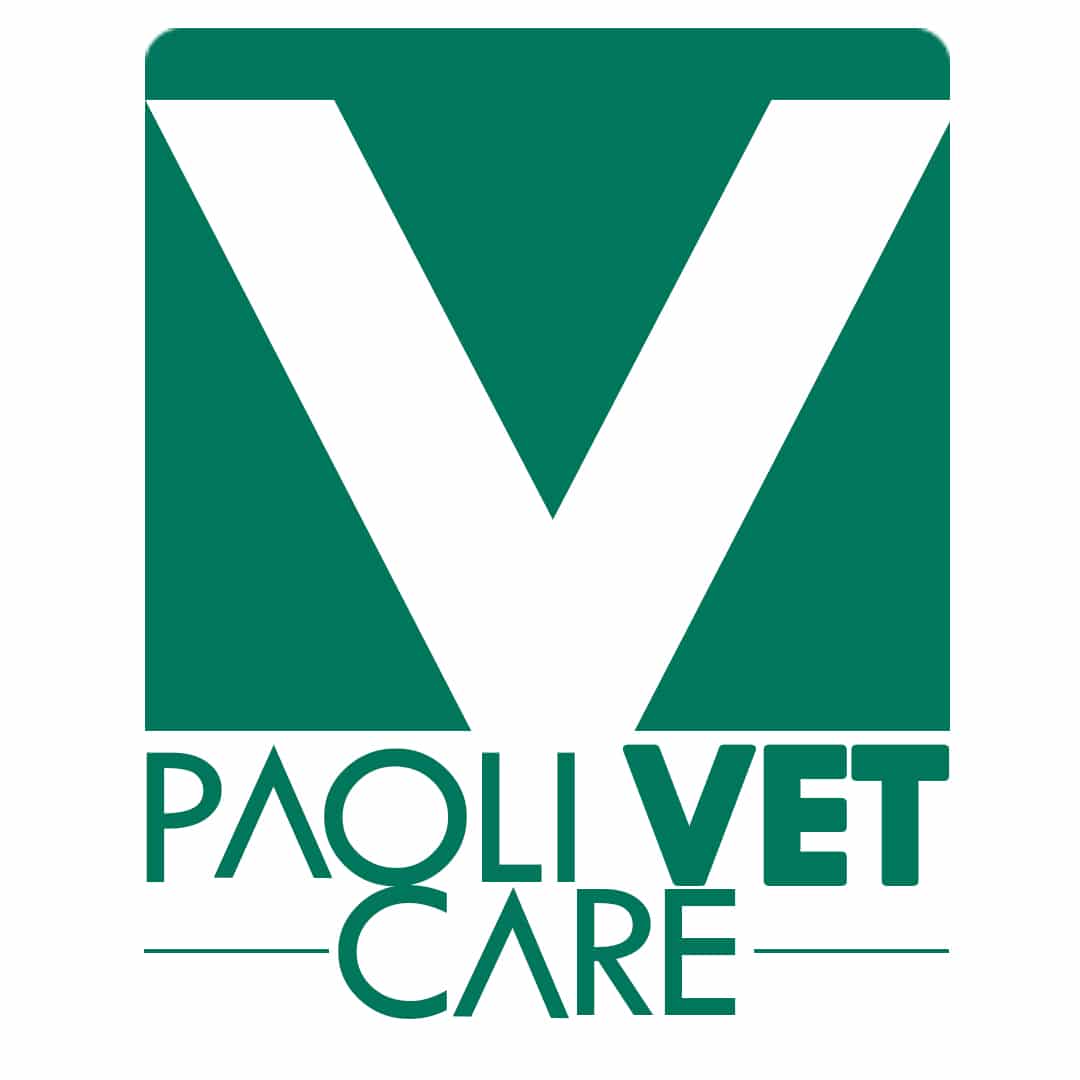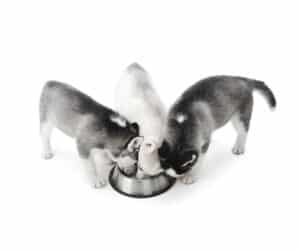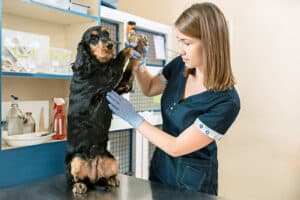You might think giving your cat or kitten a saucer of milk would be purr-fect since cats and milk have been paired in paintings, illustrations, and storybooks. But can cats drink milk? Is milk good for cats? While your pets may love the taste of milk, is milk bad for cats? Let’s dive deeper to find the answers to those kitty questions.
It turns out that dairy milk isn’t the best choice for cats, even though they love the flavor. While most cats can tolerate a small amount of milk, it shouldn’t be their main source of nutrition for several reasons. For cats who are lactose intolerant, milk is a bad choice for hydration.
A saucer of milk for a cat is the calorie equivalent of a human eating a 12-inch pizza by themselves. If you ate a 12-inch pizza every day, you’d likely gain unwanted pounds, and the same is true for your cat having a daily saucer of milk.
Not only is milk high in calories, but cats also can’t always digest milk well, or sometimes at all. Milk alternatives such as plant-based milks can also cause cats to have digestive problems or gain weight. Your cat may be cute lapping up milk from a saucer, but the problems milk can cause aren’t cute at all.
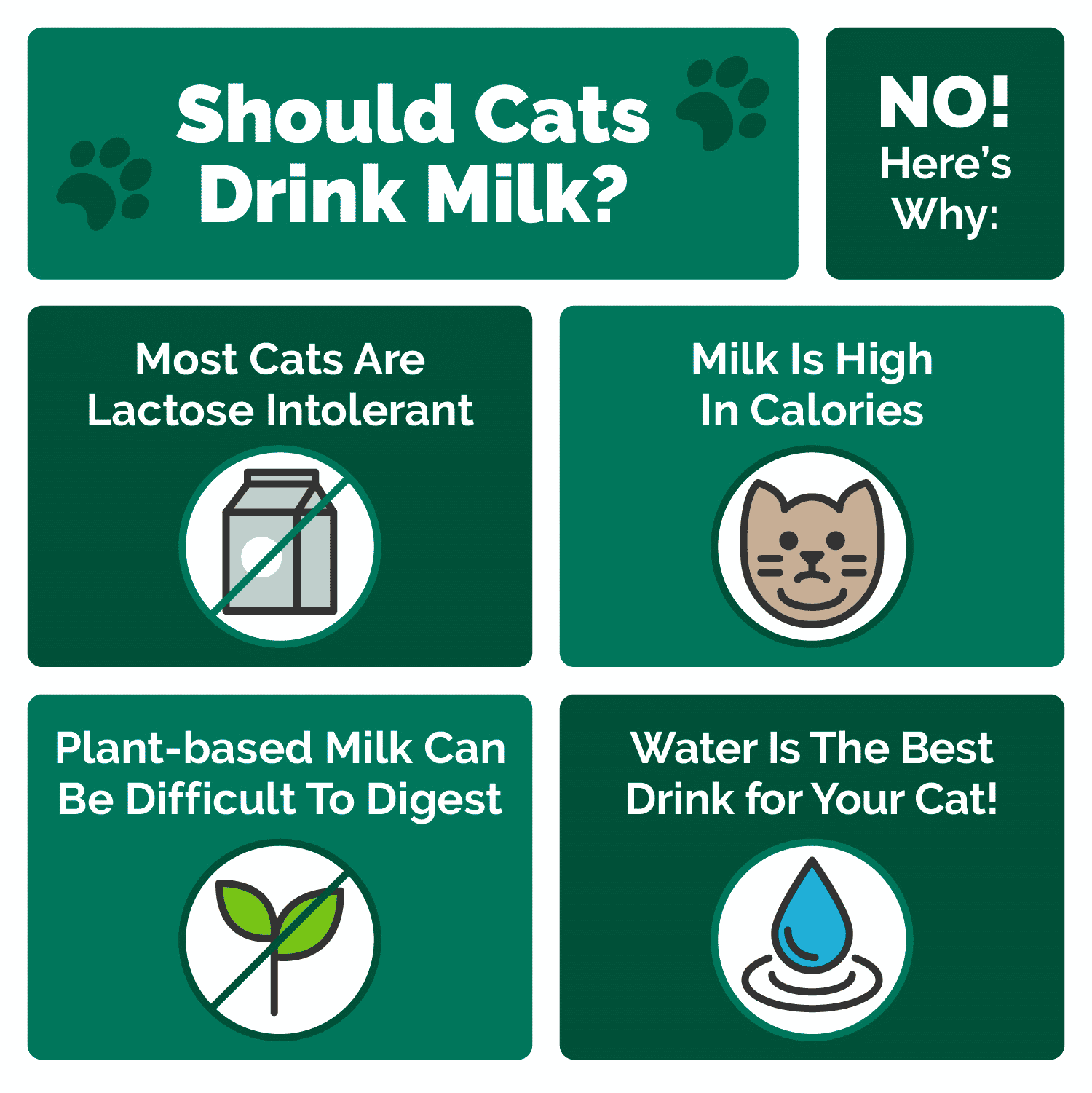
Can Small Kittens Drink Milk?
Table of Contents
If you’re wondering whether kittens drink milk, they do, but it’s not the best choice for them. Very young kittens need their mother’s milk for nutrition, but they should be weaned by the time they are a few months old, they should be getting their nutrients from cat food and drinking water. At this point, these older kittens don’t need milk from their mothers or a cow.
If you are bottle-feeding a kitten that hasn’t been weaned, buy a kitten formula at your local pet store or from your veterinarian. These will have the nutrients a growing kitten needs. Cow’s milk is best for baby cows, and mother’s milk or kitten formula is best for kittens.
Young cats can digest milk better than adult cats since kittens have more lactase in their systems. As they grow, the enzyme disappears from their systems. The answer to the question “Are cats lactose intolerant?” is “They likely are.”
A 2019 clinical study of the gastrointestinal tract of cats with regular consumption of lactose found that most adult cats stop producing lactase by the time they’re a year old. Because of this, adult cats can only tolerate a small amount of lactose, the natural sugar found in dairy milk, before they have digestive problems like lactose intolerance.
What are the Symptoms of Lactose Intolerance in Cats?
Most cats love milk, but milk doesn’t always love them back. Some cats are lactose intolerant. In these cats, a lack of lactase enzymes leaves them unable to digest the milk. Their digestive systems try to expel the milk, giving your cat diarrhea, and the undigested lactose in their intestinal tract attracts bacteria. The sugar in the lactose ferments, causing painful gas and stomach acid.
Symptoms of lactose intolerance in cats include:
- Abdominal pain
- Bloating
- Diarrhea
- Vomiting
- Constipation
- Dehydration
- Excessive thirst
- Increased heart rate
If you give your cat milk and then notice these symptoms, your cat is likely lactose intolerant and shouldn’t have milk.
Cats who are not lactose intolerant may have other issues with milk such as sensitivity to casein, a milk protein, or an intestinal condition that renders them unable to digest milk. You may want to give your cat a treat by offering a saucer of milk, but that could give them digestive problems such as vomiting and diarrhea.
Can Cats Drink Lactose-Free Milk?
While lactose-free dairy milk and plant milks shouldn’t cause cats the digestive problems that milk with lactose will, lactose-free milks can be high in calories or contain sweeteners that can upset their stomachs.
Some plant-based milks have high levels of fat and oil that can cause vomiting and diarrhea. Almonds can cause pancreatitis in cats, so cats shouldn’t drink almond milk. The fats in coconut milk can also cause digestive problems in cats. Cats don’t have the enzymes to break down the carbohydrates in soy, so they’re unable to digest soy milk.
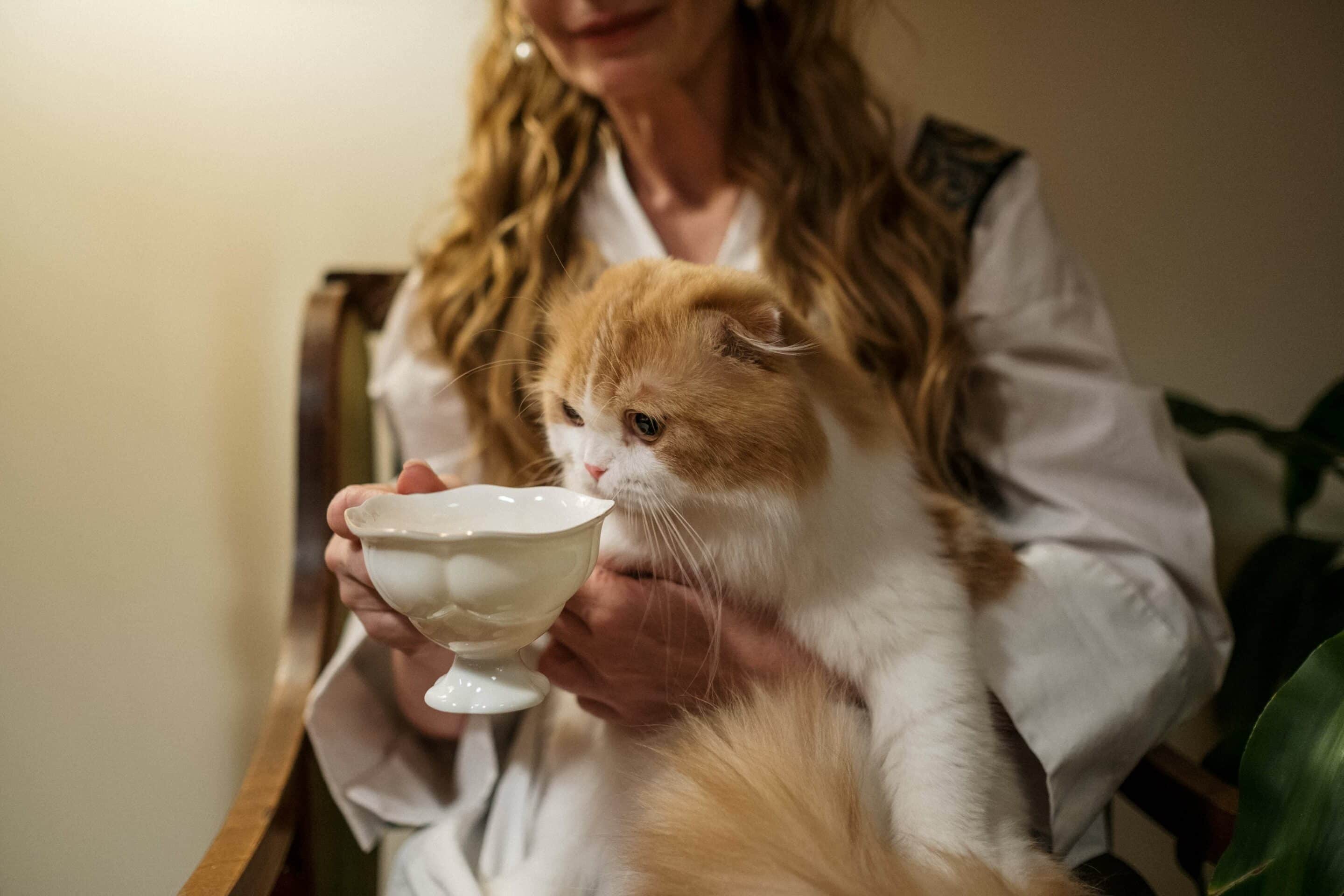
What is a Good Milk Alternative for My Cat?
If you were hoping for the answer to the question “can cats have milk?” to be yes, since cats seem to love lapping up milk, we’re sorry to disappoint you. Milk is not a natural food for adult cats. Young kittens get the best nutrition from mother’s milk, not milk from cows or plant-based milks.
The best drink for your feline to lap from a saucer is water, and it’s important to keep your cat hydrated. Leave bowls of water around the house and clean them regularly. Not all cats like having food bowls near their water, so consider putting water bowls in places away from food.
Cats also enjoy drinking running water, so consider adding a cat water fountain to promote healthy hydration. Water coolers for cats keep water fresh throughout the day and ensure your favorite feline won’t get thirsty while you’re away from home.
If you want to give your cat a saucer of milk to sip as a treat, consider filling that saucer with goat’s milk as an occasional treat. Goat’s milk has less lactose than cow’s milk, making it easier for cats to digest.
However, goat’s milk and lactose-free milk can be high in calories, so too much can make pets overweight if you overindulge them. Follow our blog for more pet health tips to keep your cat healthy and happy.
